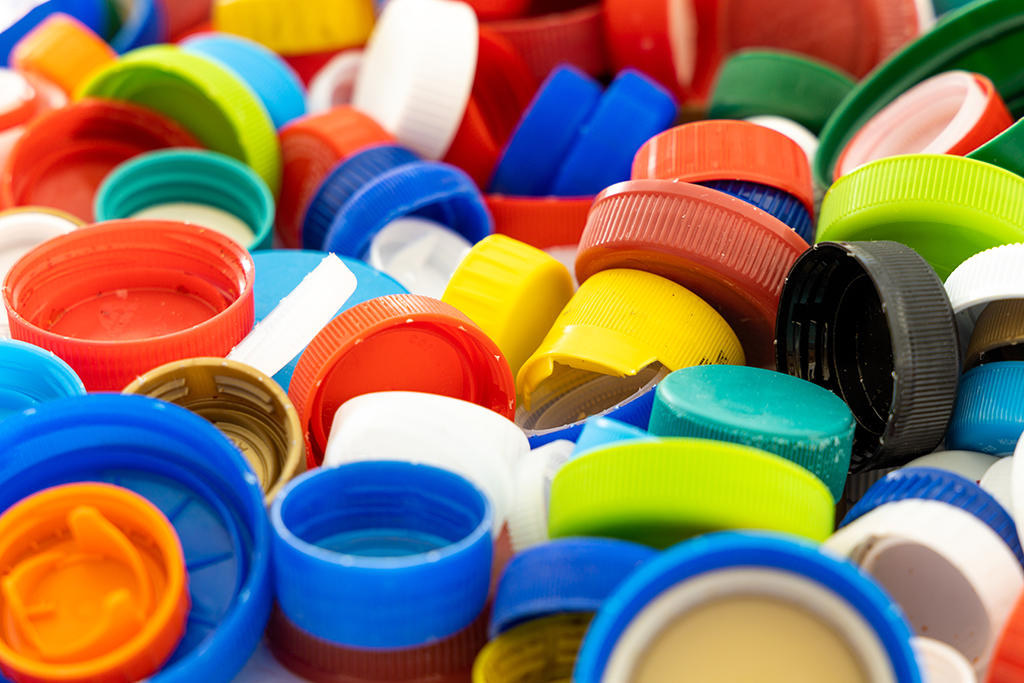The NAD made a routine inquiry into “green” claims about bottle recycling made by the American Beverage Association. The results of its inquiry and recommendations were mixed, but the inquiry shows a commitment by the NAD to keep green claims under close scrutiny.
The American Beverage Association made several green claims, including claims that their bottles were made to be remade, that “we’re carefully designing our bottles to be 100% recyclable”, claims regarding the ABA’s efforts to increase awareness of the value of plastic bottles being 100% recyclable by modernizing the recycling infrastructure across communities in the US, and a claim of working with the World Wildlife Federation to reduce their carbon footprint.
Green Claims Substantiated?
The NAD found that some claims were substantiated, including claims that the bottles were meant to be remade and that the ABA was making efforts to increase awareness about the value of 100% recyclable bottles. However, it found that other claims the ABA made in connection with those claims were exaggerated. For example, the ABA claimed that 60% of the bottles produced by ABA may be recycled nationwide; however, it also claimed that “they’re collected and separated from other plastics so they can be turned back into material that we use to make new bottles.” The NAD held that because it was unclear whether bottles could be recycled or they were made from recycled plastic, “the challenged claim does not make clear that this is a goal towards which the companies are working to achieve.”
The NAD also took issue with the ABA’s claim to modernize infrastructure around the nation and in communities, because its efforts did not equate to a literal modernization of the infrastructure. The NAD also found that the organizations claim to work with the World Wildlife Federation to reduce their carbon footprint required further substantiation, because the WWF had found errors in its own reports. This suggests that when third-party research is unreliable, advertisers will need further substantiation to meet NAD standards.
Going Green Reliably
If you are pursuing consumer market segments that reward brands that claim to reduce their carbon footprint, recycle, and reuse, be sure to carefully substantiate your claims–because the NAD is watching. While the ABA made claims that were substantiated, reliance on third-party data and programs, and exaggeration of its awareness efforts, left it with a lot to substantiate. It’s a good reminder that, when going green with claims, advertisers should always carefully substantiate claims and conduct consumer research that can hold up to NAD scrutiny. If you’d like to discuss claim substantiation research with MMR Strategy Group, contact us today.
